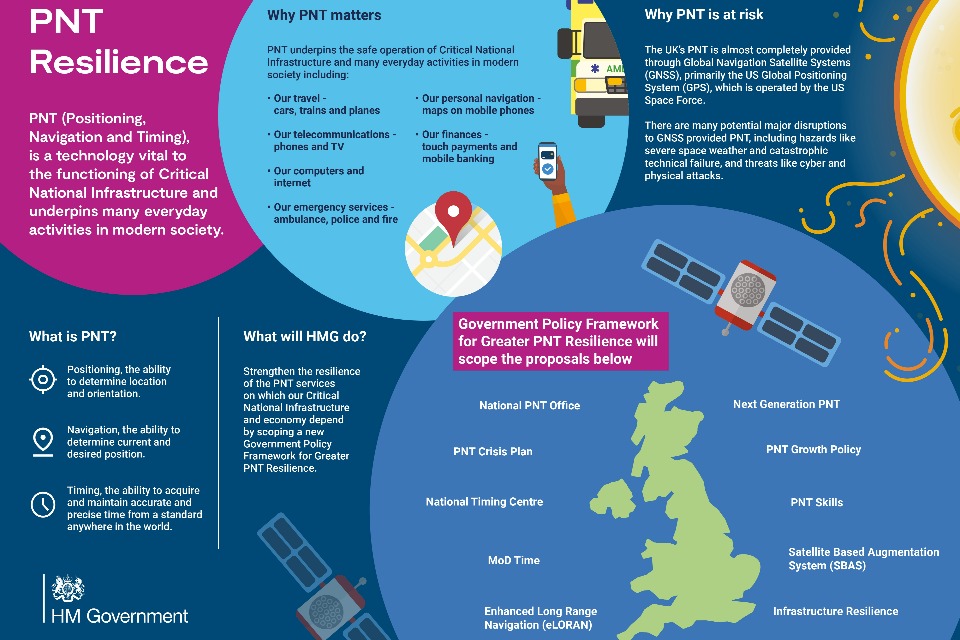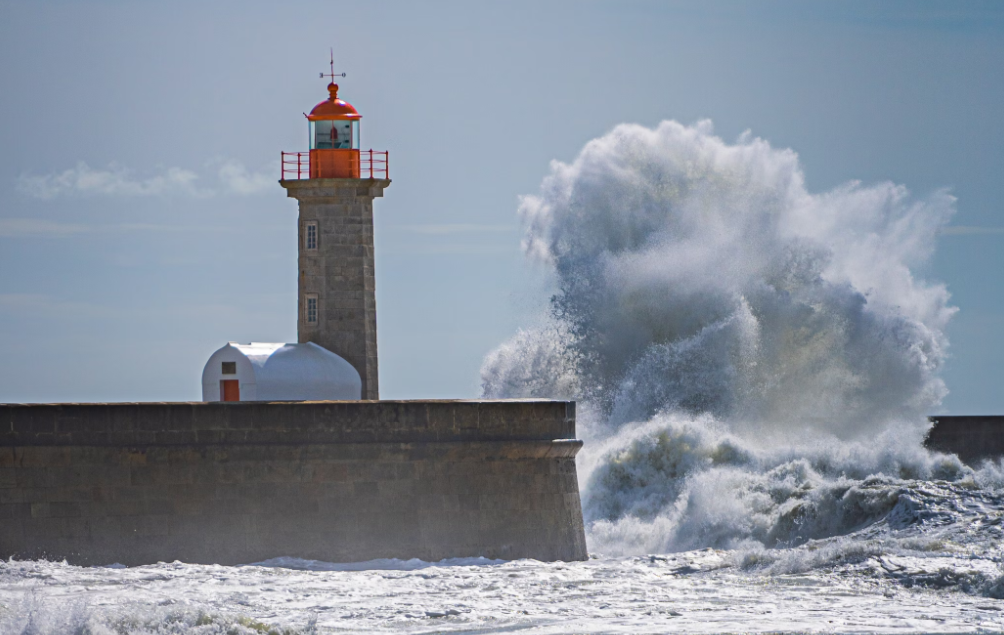Risk management
UK and France partner to protect critical infrastructure from hostile threats

Relations between France and Great Britain have been marked by rivalry and warfare for almost a thousand years.
There may be just 21 miles or 34km of water between the two great nations, but a history of frequent fighting dates back to the Norman conquest of England in 1066 and was only resolved with the 1904 Entente Cordiale.
This spirit of cooperation has been renewed with an announcement by the UK Government that French and British researchers are joining together to shield critical infrastructure, including power generation and emergency services, with more resilient navigation and timing systems.
From electricity infrastructure to transport and financial transactions, many of the technologies we rely on in everyday life depend on reliable Positioning, Navigation and Timing ('PNT') systems, often provided via satellites.
The conflict in Ukraine has shown how new technologies - in some cases, just small hand-held devices - can be used to disrupt PNT services, potentially causing major disruption to both military operations and civilian life and the national economies reliant on them.
The risks and impacts of a loss of PNT
In 2023, the UK's annually updated National Risk Register included the loss of PNT in amongst other major accidents and systems failures:
"A loss of PNT services, either due to technological failures or malicious activity, would have catastrophic and cascading effects across the UK and globally"
In this scenario, hardware issues or human error resulting in a technical failure in a Global Navigation Satellite System (GNSS) constellation causes data corruption of the service and would result in inaccurate position and timing data being delivered to users in space and around the world. As a result, ceasing GNSS operations may be the only option with aviation and maritime services highly dependent on GPS being rapidly impacted and communications and power networks also hit in a cascading failure scenario.
This PNT risk remains in the 2025 report and the mitigating assumption given is that "sectors would revert to older technologies or alternatives to allow for ground services to resume during an extended outage" with restoration of services expected to take several weeks.
The potential impact to the UK was judged to be Significant with research published showing the economic impact on the UK if GNSS were to be disrupted - a 24-hour outage could result in a £1.4 billion loss to the UK economy, with a 7-day outage costing the economy £7.6 billion.
Some reviewers consider the chance of a loss of PNT at 0.2 to 1% over 5 years to be too low and the reality of attempting to fail over to older technologies far from simple.
Tackling a PNT outage
Off the back of this risk, the UK Government released a strategy in October 2023 for ensuring the continuity of PNT services in the UK.
The ten-point plan included establishing a National PNT Office and a National Timing Centre, having back-up plans in the event of disruption to the GNSS, along with various other initiatives such as terrestrial timing networks and precision clock research to boost resilience and reduce risk:

In Australia, the SHIELD Cooperative Research Centre has proposed similar efforts for "Safeguarding Australia’s critical infrastructure" via Secure, Hardened, Integrity-Enhanced, Location and Timing Defence. And the United States is also working on addressing a risk now well understood from events in Ukraine.
The UK and French researchers are now tasked with working on an 'Entente Technologique' to address the PNT risk in Europe, working to develop technologies such as Enhanced LORAN (eLORAN) which is complementary to GPS and is highly resistant to jamming, providing a possible substitute for risk scenarios where GPS is unavailable or degraded.
First developed in World War Two, this enhanced system uses ground-based radio towers, which are more challenging to block, and may provide a reliable backup to GPS so that UK infrastructure can keep running even when satellite PNT fails.







.png)

